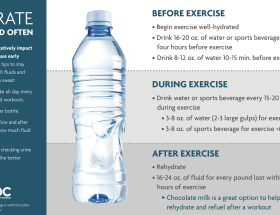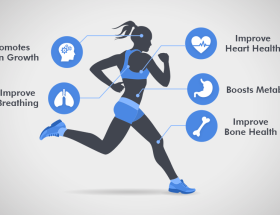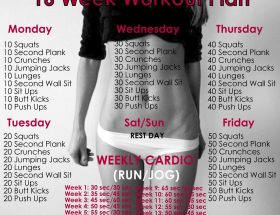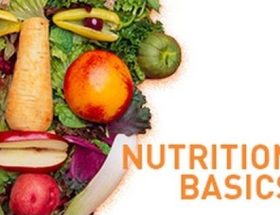When it comes to achieving your health and fitness goals, having a nutrient-rich meal plan is essential. A well-balanced diet not only provides your body with the necessary energy to function optimally but also ensures you are receiving the vital nutrients, vitamins, and minerals required for overall well-being.
Whether your goal is weight loss, muscle gain, or simply improving your overall nutrition, creating a meal plan tailored to your specific objectives can greatly enhance your chances of success. By understanding your body’s nutritional needs and incorporating the right foods into your daily eating routine, you can maximize your results and achieve your goals more effectively.
Determining Your Goals
The first step in creating a nutrient-rich meal plan is to determine your specific goals. Are you looking to lose weight, gain muscle, or improve overall health? This will guide you in making the necessary adjustments to your diet.
If your goal is weight loss, you may need to focus on creating a calorie deficit while still ensuring proper nutrition. On the other hand, if muscle gain is what you’re after, you’ll need to incorporate enough protein and calories to support muscle growth. For general health improvement, a well-balanced diet with a variety of nutrient-dense foods is key.
Assessing Your Nutritional Needs
Once you have identified your goals, it’s important to assess your nutritional needs. This involves understanding the macronutrients (carbohydrates, proteins, and fats) and micronutrients (vitamins and minerals) your body requires.
Consulting with a registered dietitian or using online tools and calculators can help you determine your calorie requirements and the adequate distribution of macronutrients based on your goals. Additionally, be mindful of any specific dietary restrictions or recommendations based on your personal health situation or preferences.
Choosing Nutrient-Dense Foods
With your goals and nutritional needs in mind, it’s time to choose foods that are rich in nutrients. Focus on incorporating a variety of whole foods into your meal plan, including fruits, vegetables, whole grains, lean proteins, and healthy fats.
Include colorful fruits and vegetables in your daily meals to ensure a wide range of vitamins, minerals, and antioxidants. Opt for lean sources of protein such as chicken, fish, tofu, or legumes to support muscle repair and growth. Include whole grains like quinoa, brown rice, or whole wheat bread for a good source of fiber and sustained energy.
Don’t forget about healthy fats, which are essential for various bodily functions. Avocado, nuts, seeds, and olive oil are excellent sources of healthy fats that can be incorporated into your meals and snacks.
Meal Planning and Preparation
Once you’ve identified the nutrient-dense foods to include in your meal plan, it’s time to create a weekly menu and prepare your meals in advance. Planning your meals ahead of time can help you stay on track with your goals, save time during busy days, and avoid making impulsive, unhealthy food choices.
Start by designing a weekly menu that includes a balance of proteins, carbohydrates, and fats. Make a shopping list of the ingredients you’ll need and stock your pantry and refrigerator accordingly.
To streamline meal preparation, consider batch cooking by cooking larger portions of certain meals and storing them in individual containers. This will save you time and make it easier to grab a nutritious meal when you’re short on time.
Monitoring and Adjusting
Finally, it’s crucial to monitor your progress and make adjustments as needed. Keep track of your daily food intake and weigh yourself regularly if weight loss or gain is your goal. Monitoring your progress will allow you to recognize any patterns or areas where you may need to make changes.
If you find that your meal plan isn’t aligning with your goals or if you’re not seeing the desired results, seek guidance from a registered dietitian or nutritionist. They can evaluate your current plan, identify any deficiencies or imbalances, and help you make the necessary adjustments.
In Conclusion
Creating a nutrient-rich meal plan for your goals is a proactive step towards achieving optimal health and fitness. By determining your goals, assessing your nutritional needs, choosing nutrient-dense foods, meal planning, and monitoring your progress, you can tailor your eating habits to support your specific objectives. Remember, consistency and patience are key when it comes to sustaining long-term changes in your diet and achieving your goals.









